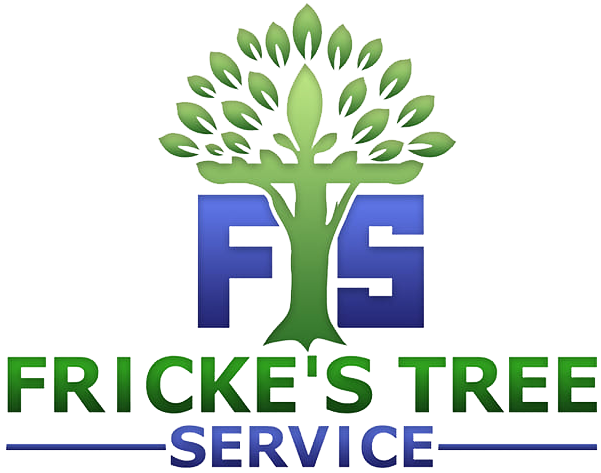Fricke's Tree Service
The Environmental Impact of Proper Tree Disposal
The environmental impact of proper tree disposal is a crucial topic that deserves our attention. As urban areas expand and natural landscapes are altered, the way we manage tree waste becomes increasingly important. Proper disposal methods not only help in reducing waste but also contribute positively to the environment. In this blog post, we will explore the various aspects of tree disposal, its environmental implications, and the best practices to adopt for a sustainable future.
Understanding Tree Disposal
Tree disposal refers to the methods used to manage trees that have been cut down or have fallen due to natural causes. This process is essential for maintaining ecological balance and ensuring that the waste generated does not harm the environment. Here are some common methods of tree disposal:- Chipping and Mulching
- Composting
- Landfilling
- Burning
- Recycling into Wood Products
The Environmental Impact of Improper Tree Disposal
Improper disposal of tree waste can lead to several environmental issues, including:- Increased Landfill Waste: Trees that are sent to landfills contribute to the growing waste crisis. As they decompose, they produce methane, a potent greenhouse gas that significantly contributes to climate change.
- Soil Degradation: Burning tree waste can lead to soil degradation and loss of nutrients, affecting the surrounding ecosystem and reducing the land's agricultural potential.
- Air Pollution: The burning of trees releases harmful pollutants into the air, contributing to respiratory problems and exacerbating climate change. This pollution can have long-term health effects on communities.
- Loss of Biodiversity: Improper disposal can disrupt local habitats, leading to a decline in plant and animal species, which can have cascading effects on the ecosystem.
Benefits of Proper Tree Disposal
On the other hand, proper tree disposal methods can have numerous benefits for the environment:- Reduction of Greenhouse Gas Emissions: By composting or mulching, we can significantly reduce methane emissions from landfills, contributing to a decrease in overall greenhouse gases.
- Soil Enrichment: Composting tree waste returns valuable nutrients to the soil, promoting healthy plant growth and improving soil structure, which can enhance water retention.
- Resource Recovery: Recycling wood into new products reduces the need for virgin materials, conserving forests and natural resources while also supporting a circular economy.
- Habitat Preservation: Proper disposal methods can help maintain local ecosystems and support biodiversity, ensuring that wildlife has the resources they need to thrive.
Best Practices for Tree Disposal
To minimize the environmental impact of tree disposal, consider the following best practices:1. Chipping and Mulching
Chipping trees into mulch is an effective way to recycle tree waste. This method not only reduces the volume of waste but also creates a valuable resource for landscaping and gardening. Mulch can help retain soil moisture, suppress weeds, and improve soil health.2. Composting
Composting tree branches and leaves can create nutrient-rich soil amendments. This process helps in reducing landfill waste and enriching the soil, making it an excellent option for gardeners and landscapers looking to improve soil fertility.3. Recycling
Recycling wood into products like furniture, paper, or biofuel can significantly reduce the environmental footprint of tree disposal. Look for local recycling programs that accept wood waste, and consider supporting businesses that utilize recycled materials in their products.4. Professional Tree Services
Hiring professional tree removal services can ensure that trees are disposed of properly. These services often have the equipment and knowledge to handle tree waste sustainably, ensuring that it is processed in an environmentally friendly manner.5. Community Initiatives
Participating in or organizing community tree recycling events can raise awareness and promote proper disposal methods. These initiatives can foster a sense of community and environmental responsibility, encouraging more people to adopt sustainable practices.Conclusion
Proper tree disposal is not just a matter of convenience; it is a vital component of environmental stewardship. By understanding the impact of our disposal methods and adopting best practices, we can contribute to a healthier planet. Whether through mulching, composting, or recycling, every effort counts in reducing our ecological footprint. Let’s work together to ensure that tree waste is managed responsibly for the benefit of our environment and future generations. By making informed choices and encouraging others to do the same, we can create a sustainable future where our natural resources are preserved and our ecosystems thrive.SHARE POST
RECENT POSTS
Interested in Our Services?
Get in touch today to discuss your next project and we will happy to answer any questions and provide you with a no-obligation FREE Estimate.







